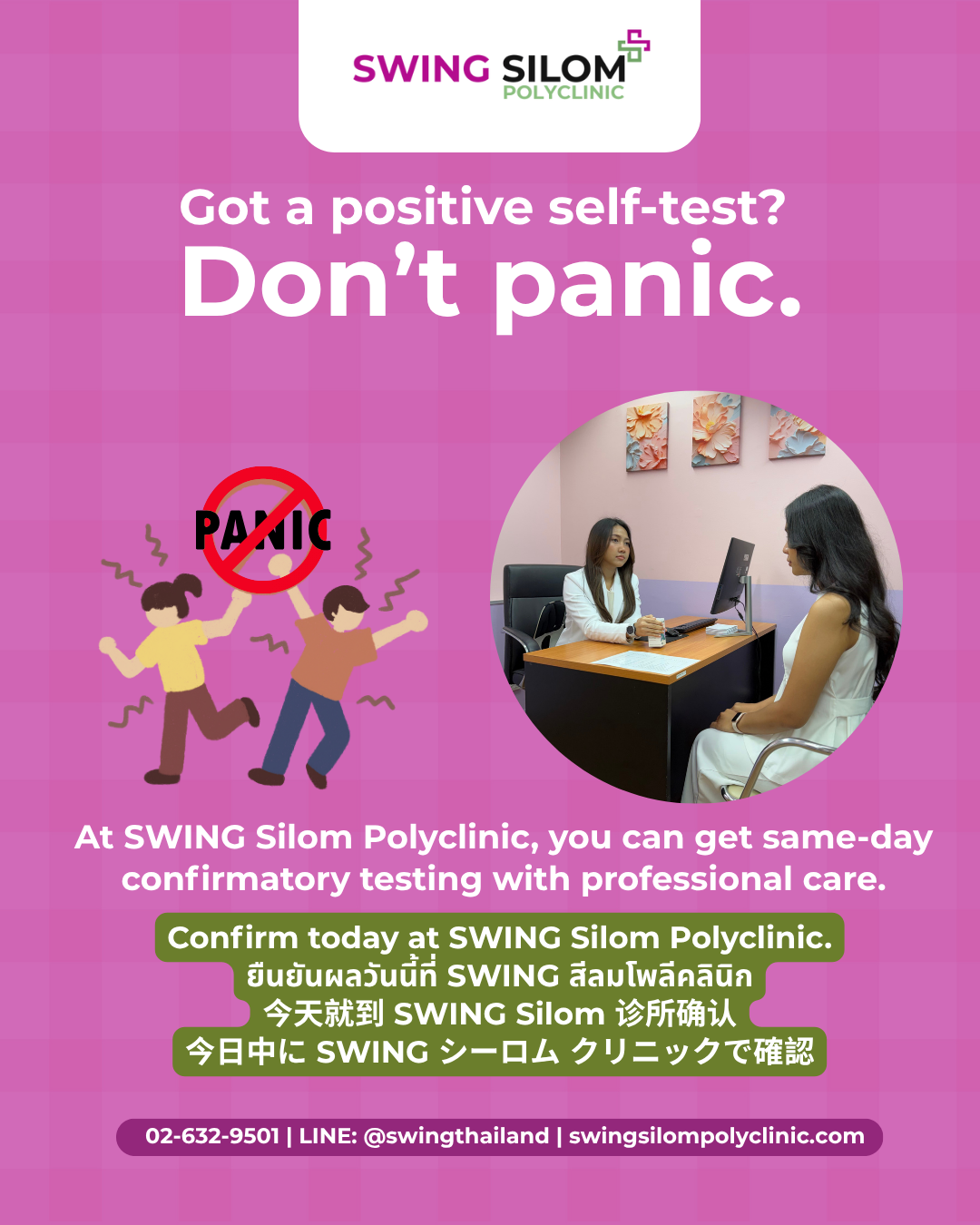
Navigating the journey of HIV self-testing can be both empowering and daunting. Many people turn to this method as an accessible way to understand their health status, but what happens after you receive your result? Whether the outcome is positive or negative, knowing what to do next is crucial for ensuring your wellbeing and making informed decisions. In this blog post, we’ll explore essential steps to take based on your result, as well as the importance of seeking support and guidance throughout the process.
Understanding your HIV self-test result is just the beginning. The path ahead can vary significantly depending on the outcome, and having a clear plan helps to mitigate confusion and anxiety. We aim to provide you with the knowledge and resources needed to take proactive steps forward. From accessing further testing and treatment options to seeking emotional support, our goal is to empower you to navigate this pivotal moment in your health journey with confidence and compassion.
Understanding your HIV self-test result: Next steps to take
When you receive your HIV self-test result, it’s essential to take a moment to process the information. If the result is negative, remember that it does not mean you are immune to HIV; it’s crucial to continue practicing safe behaviors and consider regular testing to maintain your health. On the other hand, a positive result can be overwhelming, but it is vital to remain calm and remember that an at-home test is not a definitive diagnosis. The next step is to confirm your result with a healthcare professional who can provide official testing and guide you through the next stages.
After confirming your result, whether positive or negative, understanding your health is essential. A healthcare provider can offer the necessary support, resources, and options tailored to your specific situation. If your test is positive, discussing your treatment options with a medical professional is important for managing your health effectively. They can help you navigate potential next steps, including any lifestyle changes and resources available for emotional support. Remember, knowledge is power, and taking informed steps is crucial after receiving your HIV self-test result.
What to do after the result: Seeking support and guidance
After receiving your HIV self-test result, the next crucial step is to process your emotions and seek support. Regardless of the outcome, it's normal to experience a range of feelings, from relief to anxiety or confusion. Reach out to trusted friends, family members, or support groups who can provide a listening ear and emotional backing. Engaging with others who understand your situation can prove invaluable in navigating your next steps. Consider connecting with a healthcare provider or a local HIV clinic to discuss your results, as they can offer professional support and guidance tailored to your specific needs.
It’s essential to understand that an initial self-test result should not be the end of your journey; rather, it serves as a starting point for further action. If your result is positive, consult a healthcare professional for confirmatory testing and to discuss treatment options. If it’s negative, you may wish to discuss preventive measures to maintain your health and reduce the risk of future exposure. No matter the result, remember that numerous resources are available to help you move forward with your well-being in mind. Taking proactive steps and seeking guidance will empower you in this journey.
Moving forward with care: Taking proactive steps after your result
After receiving your HIV self-test result, it’s essential to approach the situation thoughtfully and proactively. Begin by processing the emotions that come with the result; it’s normal to feel a wide range of feelings, including shock, fear, or a sense of relief. Allow yourself time to absorb the information and consider reaching out to a trusted friend or family member to share your experience. Having a supportive network can provide comfort and strength as you navigate the next steps.
If your test result is reactive (indicating a potential positive result), seek confirmation through a follow-up test at a healthcare facility. This is a critical step since self-test results are not definitive. Confirmatory testing will provide you with a clearer understanding of your status. Regardless of the outcome, discuss your results with a healthcare professional who can help you explore the best options for your health moving forward, including treatment plans, prevention strategies for others, and regular check-ups. Taking these proactive steps empowers you to manage your health and make informed choices for your future.